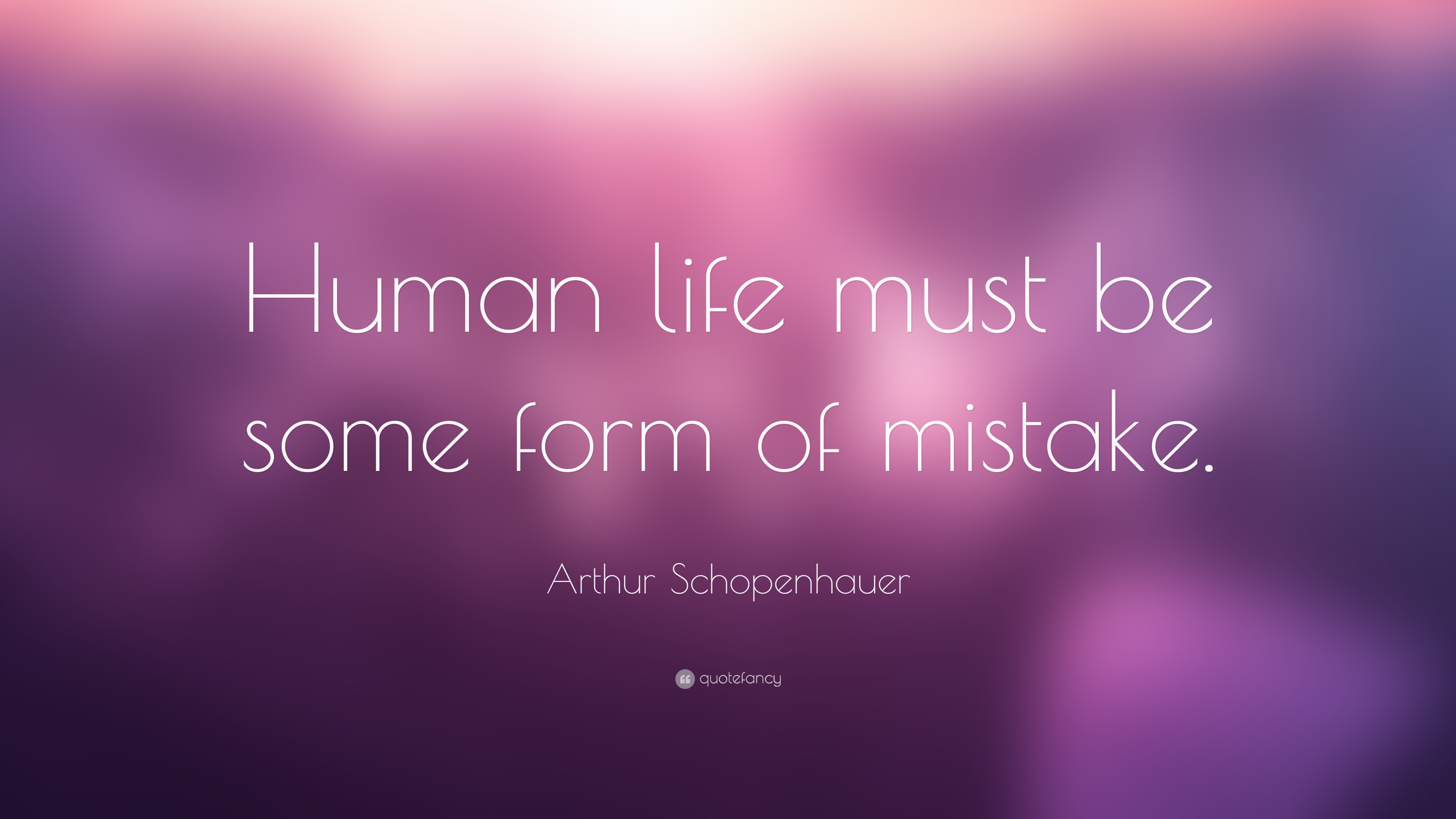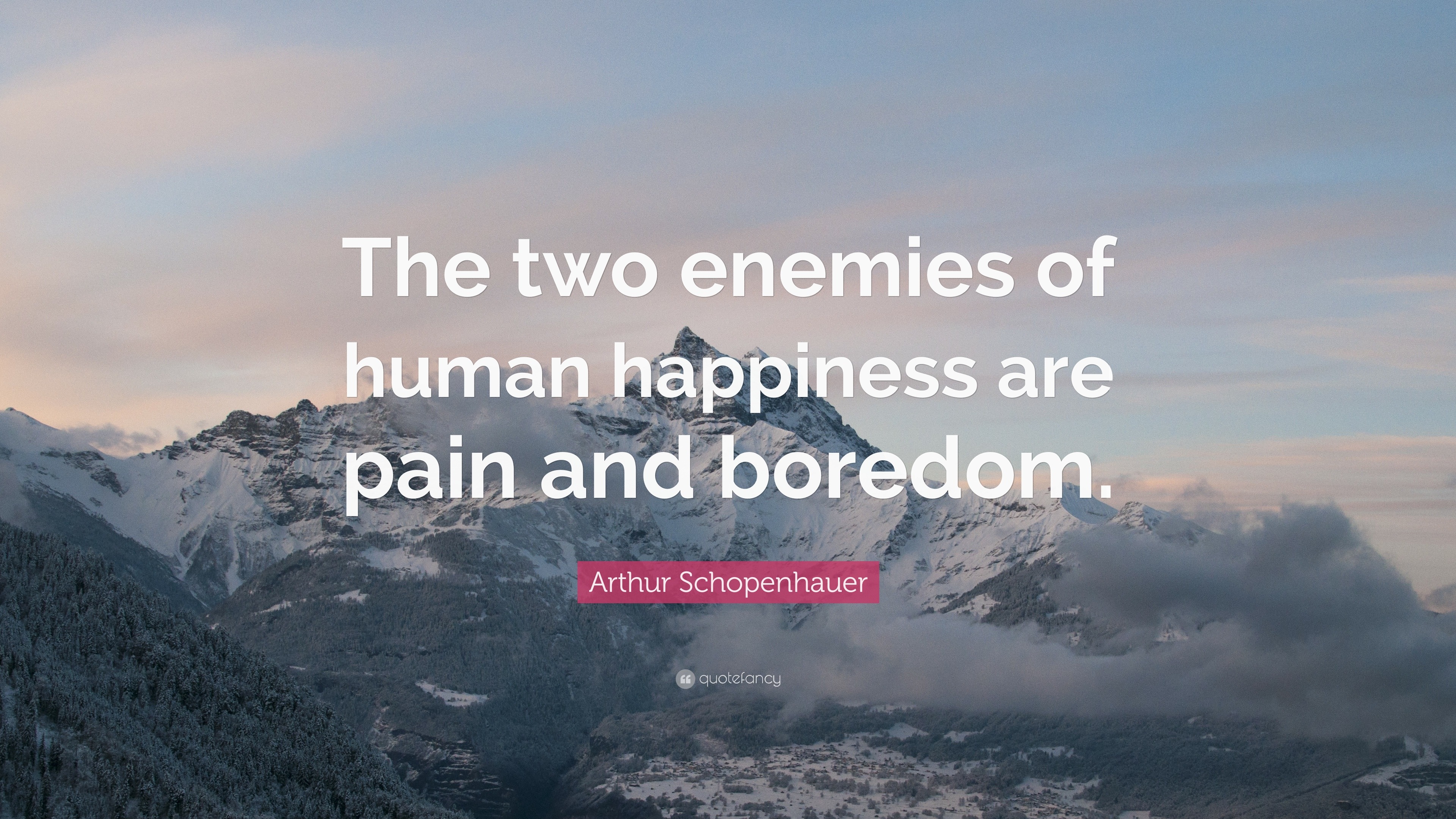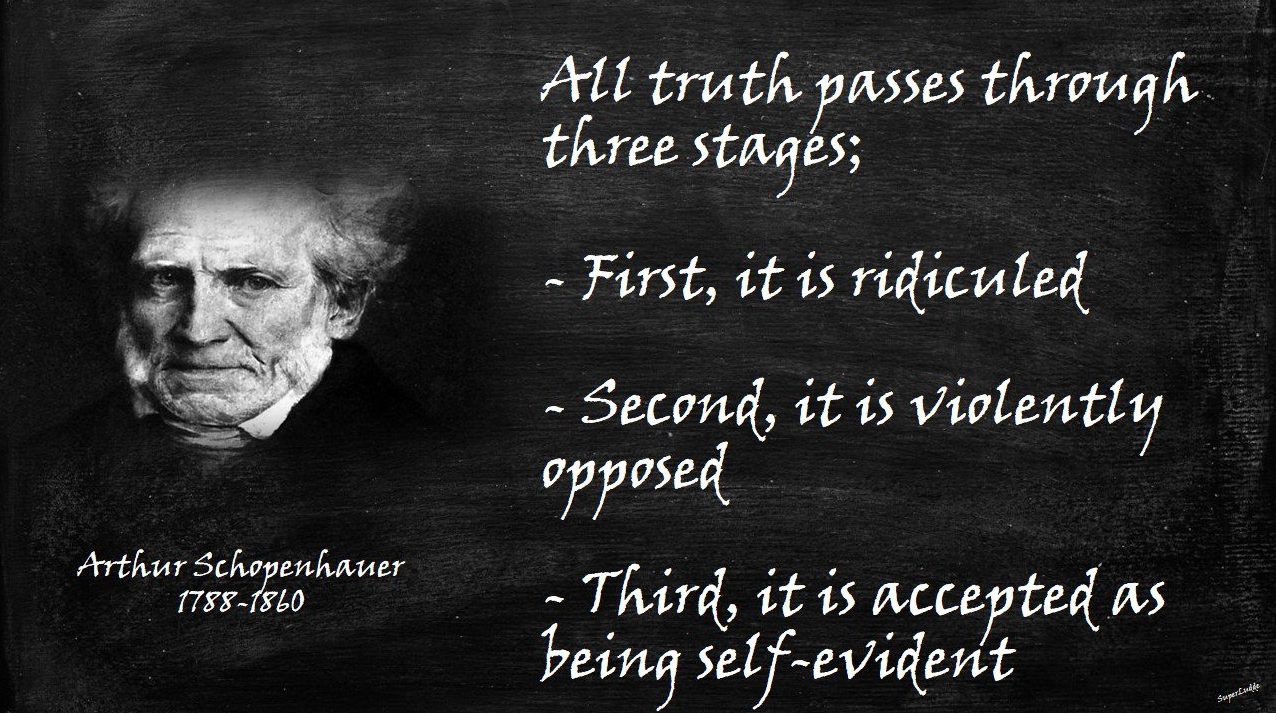

It is not surprising, however, that the lines of discourse had more in common than the participants in the ridicule thought they did. Continentalists characterised analytic philosophy as useless punctilious logic-chopping and scientism for its own sake, with no possibility of cultural critique or even meaningful connection to human life as it is actually conducted. Analysts held that continental philosophy was not philosophy at all, but meaningless yet relativistic babble, something of substantially less than no value.

And almost certainly, whichever side the department was on, it was abusive toward the other.

Almost certainly, if one was housed, one was housed in a department that did only one or the other. Mastering them simultaneously (getting a solid handle on both Martin Heidegger and Bertrand Russell, for example, or both Willard Van Orman Quine and Michel Foucault), was a very intimidating prospect, and few had the motivation. In the 20th century, Western philosophy split into two discourses, each with its own canon and jargon, usually referred to as ‘analytic’ and ‘continental’. It is one of the signal aspects of 20th-century intellectual history and a useful lens through which to view the development of philosophy during that time. Looking back on it from here, the convergence on questions of language – indeed, the relentless, almost-exclusive focus on it as central to our experience, by thinkers otherwise so different that they could not or did not care to enter into dialogue – seems remarkable. There was some dispute about whether there could be any genuine philosophical questions that were not questions about language. Philosophy had for decades been relentlessly emphasising the nature of language (as opposed to, for example, the nature of reality, goodness or beauty). By then, everyone but a few reactionaries would have agreed with that assessment. But it aptly captures the flavour of academic philosophy at the time it appeared, which was also the year of Richard Rorty’s anthology The Linguistic Turn, which embodied an argument that the most important philosophy of the 20th century was linguistic philosophy. Like most everything Derrida said, this notorious declaration becomes more difficult to interpret as one examines its context and the context of its context. ‘There is nothing outside the text,’ wrote Jacques Derrida in 1967.


 0 kommentar(er)
0 kommentar(er)
